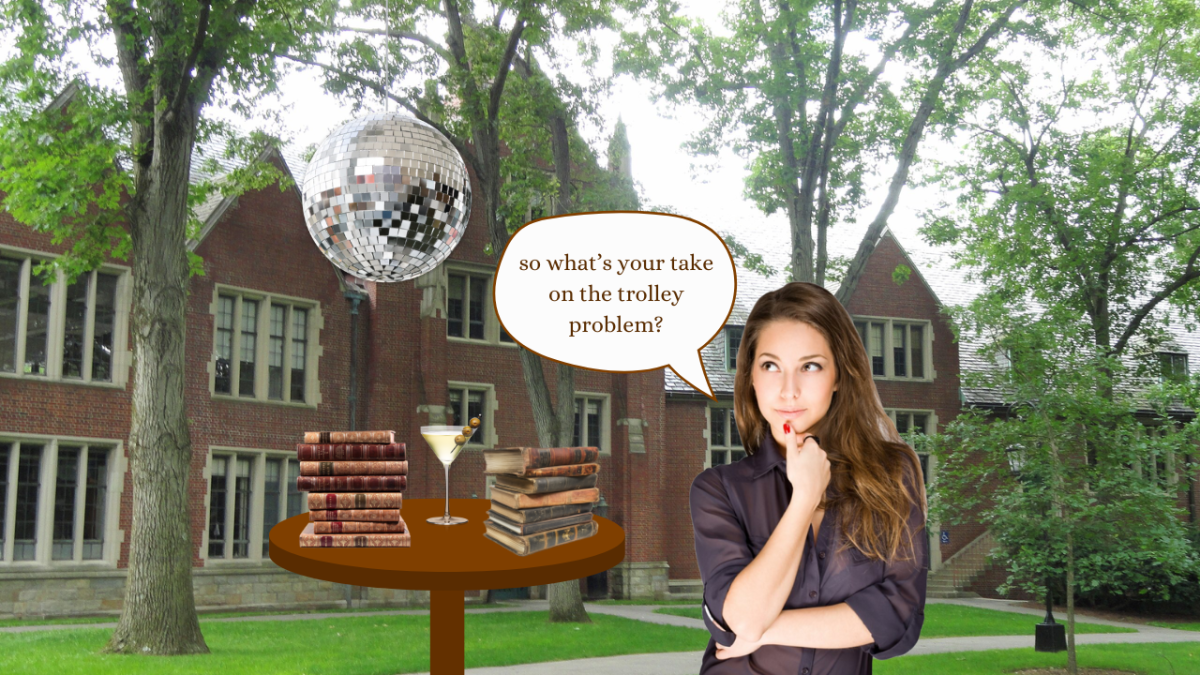After graduating from Harvard University, Professor Blanco Mann was unsure about his future prospects. It is well known in academia that legacy students are rarely accepted for graduate studies and even fewer white men manage to scrape through into professorial roles. Being both a white man and a legacy student, Prof. Mann knew his chances were slim. However, after securing a stable job on the tenure track at Wellesley College in the economics department, he decided to follow his ambitions and show the world that modern barriers can and should be broken.
“For far too long, there has been an underrepresentation of older white men in academia. So few of us have actually succeeded on the tenure track that many of my colleagues assumed I was an adjunct professor,” Prof. Mann said. “In fact, there are tenured professors that have gone most of their careers without ever seeing a tenured old white man.”
After seven years, Prof. Mann was finally given tenure. This is not the first time the College has set the bar for other colleges and universities across the country, as they tenured their first old white man in 1978, but Prof. Mann still holds the position as the second one tenured on this campus, creating a 44 year gap. When he tweeted about this, several students called for the school to address the problem.
“It is a common misconception that a [historically] women’s college cannot grapple with other inequities,” said Provost Santhony Hen Ann. “The truth is that, as soon as women were allowed to attend higher education, nearly every professional industry raced to employ them. Especially in academia, women have proved to be better in every possible way than old white men with few exceptions.”
As far as Prof. Mann is concerned, Provost Hen Ann’s response demonstrates the harmful stereotypes that old white men have to combat daily.
“We are not just messy, strong and angry,” he said. “We are multifaceted and cannot always be of one emotion or state of living. It was demeaning to be told by an assistant that I was ‘surprisingly calm’ and ‘had a shockingly neat office space.’ These binary categories are harmful to men like me who break the mold, but also to women who aren’t clean, smart and emotionally cool at all times. There is a spectrum to cleanliness, strength and emotion.”
This point has become increasingly common in educational discussion. Not only are gender binaries showing themselves to be inaccurate, but other binaries are showing the downfalls of dichotomies. Even though this idea is becoming more mainstream, not all agree.
“Statistically, old white men are messier and angrier than women,” one student said. “It can’t be stereotyping if it’s true. I mean, have you seen how they get in front of a football game on TV?”
While Prof. Mann fights these ideas of what men “really are” on one hand, he faces criticism from his fellow old white men on the other.
“Blanco [Prof. Mann] is just conforming to the ideals set forth by these industries,” H.M. Boy wrote in a scathing blog post. “If he was promoting true equity for men, he wouldn’t be afraid to show his strength, anger and disorganization while in the classroom. As it is, he’s just acting like a woman to get a job.”
When asked to respond, Prof. Mann went on an hour-long lecture about the idea of hiding aspects detrimental to one’s place in the social hierarchy and how repression is a survival mechanism. This part of the interview was actually word-for-word for one of his lectures in his newest class, “Brawn and Brains: Let Men Be Both.” This class, which will be offered Fall 2022, is a celebration of both his new tenureship and the social progress the College has made.
“I’m just looking forward to the day we become the first country to reach a parity in tenureship,” he said. “Until then, my own tenure is but a small step.”



